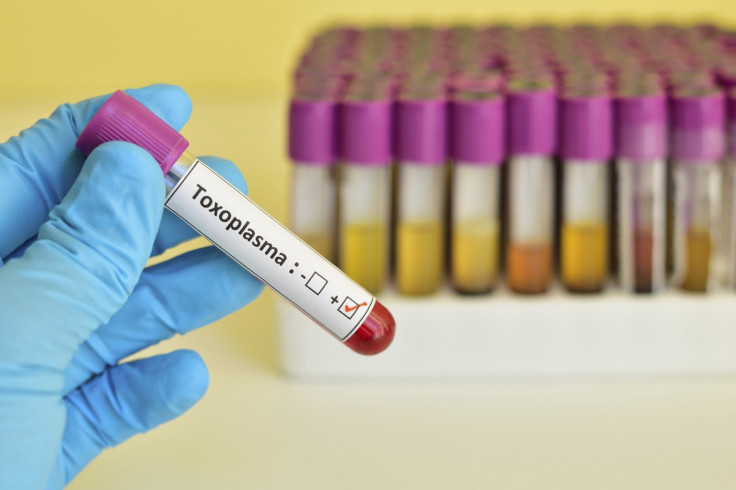Toxoplasma: Parasitic infection appears to disrupt key neurotransmitter in brain

A parasitic infection that affects billions of people has been linked to neuro-degenerative diseases. Toxoplasma infections appear to trigger a disruption of a key neurotransmitter in the brain, scientists have said, potentially explaining why the parasite has been linked to a range of neurological disorders and psychiatric diseases.
Toxoplasma gondii is a unicellular parasite about five microns long which infects a third of the world's population. It can be ingested through under-cooked meat or unwashed vegetables, and can be found in cats' faeces, the parasite's favourite host.
While the infection usually does not cause any symptoms, it can be dangerous for pregnant women, leading to congenital birth defects in the foetus and to miscarriages.
Recently, the infection has also been linked with a range of neurological and mental health issues such as intermittent rage disorder or schizophrenia for infected individuals.
In this latest study, published in Plos One, researchers have identified changes that occur in the brain when the parasite is present, potentially leading to the development of different neurological diseases, especially in people already predisposed to such diseases.
Glutamate increase
For this research, the scientists looked at the brains of mice infected with toxoplasma gondii. They observed an increase of glutamate - the primary and most important neurotransmitter in the brain, which transmits excitatory signals between neurons. A similar glutamate build-up is sometimes seen in traumatic brain injuries as well as in diseases such as epilepsy, multiple sclerosis and amyotrophic lateral sclerosis.
Glutamate regulation is strictly controlled by specialised cells called astrocytes, which are found in the central nervous system. The regulation process also involves a glutamate transporter known as GLT-1, which soaks up any extra glutamate that could be dangerous for the brain. "If the glutamate isn't cleared by GLT-1, then the neurons can't fire properly the next time and they start to die," lead researcher Emma Wilson explained.
In mice infected with toxoplasma gondii, astrocytes appeared to swell, and were not able to regulate glutamate concentrations. Similarly, GLT-1 was not expressed properly. This led to the build-up of the glutamate and potential neuron death.
"We have shown for the first time the direct disruption of a major neurotransmitter in the brain resulting from this infection. These results suggest that in contrast to assuming chronic Toxoplasma infection as quiescent and benign, we should be aware of the potential risk to normal neurological pathways and changes in brain chemistry," Wilson points out.
Opportunity for treatment
The researchers showed that it was however possible to make neural function return to its normal state.
They treated the infected mice with ceftriaxone, an antibiotic which in the past had already proved beneficial in many central nervous system injuries. They found out that GLT-1 was restored and glutamate levels were reduced from pathological to normal concentrations with the help of the drug.
The team will now undertake more research to better understand what initiates the malfunctioning of GLT-1 during chronic Toxoplasma infection.
© Copyright IBTimes 2025. All rights reserved.






















